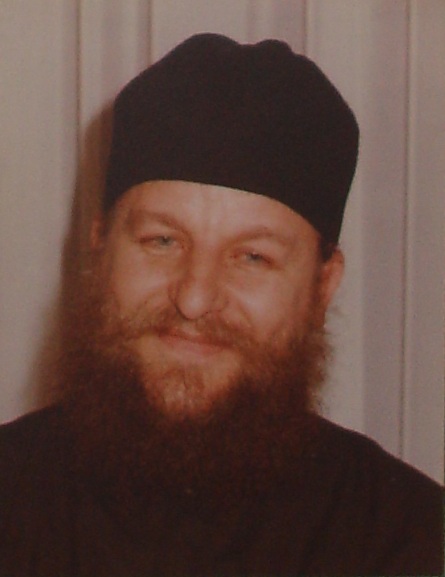On the one hand, to say we believe in God and are Christians, but on the other hand not to pray, are two incompatible things. Whether one prays is the surest evidence of whether one lives consciously as a Christian. The Christian Church is a praying church. The man who does not pray, even if he seems more virtuous, cannot be a true Christian; no matter how much he desires to include himself with them. How can he believe in Him Who he does not know? For the presence and grace of God become felt and known only through our prayer.
And so, faith in God and His will are one thing, prayer is another. For, “even the demons believe and tremble” (James 2;19), however they do not pray. This is why whoever believes and does not pray resembles the demons which are spiritually dead, stinking, and completely detached from God. St. John Chrysostom assures us: “Just as this body of ours is dead and repulsive without the soul, thus also the soul that does not move itself in prayer is dead, wretched, and malodorous.” Namely, prayer is the life and “soul” of the soul. Therefore, it is also more necessary than this life of the body.
The Lord promised to appear to those who observe His commandments: “He that hath My commandments, and keepeth them, he it is that loveth Me: and he that loveth Me shall be loved by My Father, and I will love him, and will manifest Myself to him” (John 14:21). But what is keeping Christ’s commandments? For us to love Him and try to acquire the virtues that Christ taught in the Gospel, after we previously hate and drive out the corresponding vices from our soul: we put love in the place of envy, alms-giving in the place of avarice, meekness in the place of wrath, humble-mindedness in the place of pride.
Thus, prayer is a Gospel commandment that was given to all people. Just as in the exercise of all the other virtues the lay people must orient themselves towards the example of the monks—according to St. John Climacus, “Angels are a light for monks and the monastic life is a light for all men”—by analogy this also applies to the exercise of prayer.
And so we must train with bodily works, the verbal word, and with our thoughts, to now pray ceaselessly, until we acquire the “gift.” What is this gift? It is that secret and confidential gift of prayer that the Holy Spirit gives to man and which remains with him continuously (as the activity of Noetic Prayer of the Heart)…This secret gift of the Holy Spirit is a kind of prayer rooted in man’s heart that acts continuously according to the divine words: “I sleep but my heart is awake” (Song 5:2).
So, however much these things seem strange to our carnal nous, let’s not be unfaithful. The Church Fathers don’t make philosophical theories, but they talk with certainty and authority expressing the experiences of the grace of the Holy Spirit, which are common for them.
If we compare the different ages, we will see that as sin increases in the world and “the mystery of lawlessness” acts gradually, thus also God’s Grace intensifies, providing richer aids to those who want to be close to God. Thus the Theology of the Church is broadened and clarified; her Worship is enriched, her Spirituality is validated “in the streets” and “on the rooftops.”
And so let’s not quench our thirst with “painted water” only, as St. Isaac the Syrian very characteristically says in relation to only the theoretical preoccupation with neptic subjects. But rather let’s try to drink from the same pure “spring waters of salvation.” The need is imperative, precisely due to the age in which we live. If the apostasy already arrived, how would we confront the one who will try to deceive “if it were possible, even the elect?” Only if we have the “sense of God,” that is the name of Christ, “imprinted on our souls like an indelible stamp,” as the Great Basil says.
May the Grace and blessing of the Holy God be abundantly granted to all those who desire and try to taste something from the rich and lofty experience in Christ of our Fathers. Amen.
+Archimandrite Ephraim,
Abbot of the Holy Monastery of Xeropotamou
Posted by:
https://newmartyrephraim.wordpress.com/category/geronda-ephraim-of-xeropotamou/


Δεν υπάρχουν σχόλια:
Δημοσίευση σχολίου